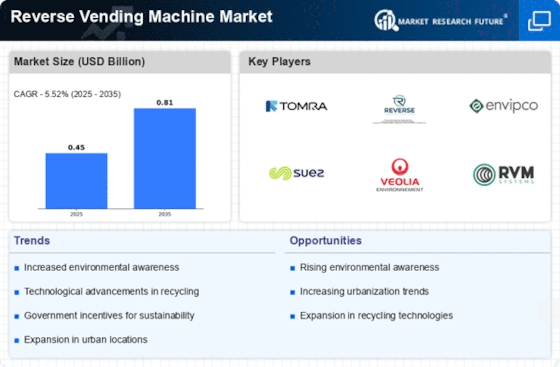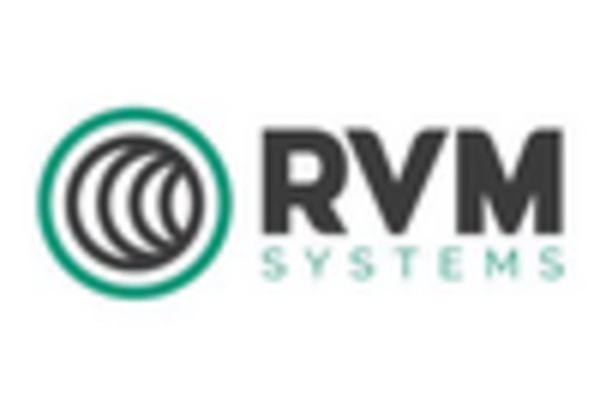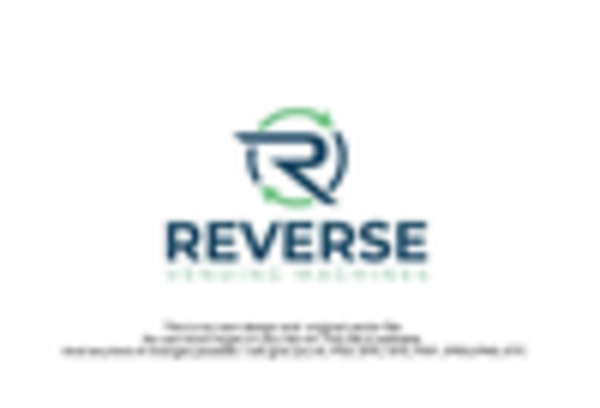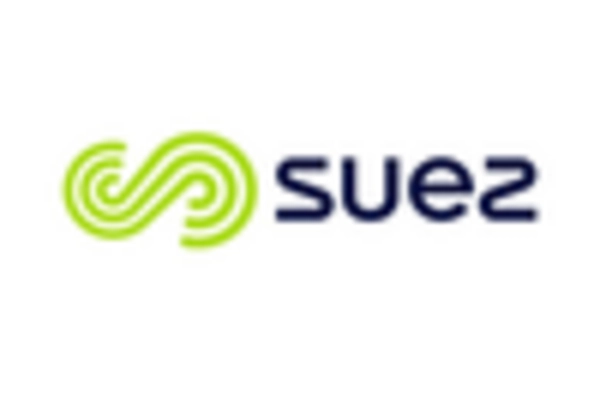Market Analysis
In-depth Analysis of Reverse Vending Machine Market Industry Landscape
Different factors shape the dynamics and growth of the Reverse Vending Machine (RVM) market. One major driver is the worldwide concern for recycling and environmental sustainability. Many businesses and consumers realize today that good waste-handling practices must be observed at all times. A number of legislations also affect overall market trends concerning Reverse Vending Machines market development processes. In several nations, deposit return schemes (DRS) have been set up to encourage people to attach some financial value to returned bottles/jugs. Innovation in RVMS, such as smart sensors, data analytics, and friendly user interfaces, increases machine efficiency as well as user experience. During this era, mobile app integration into these devices offers rewards-based activities that motivate subscribers to recycle. Consumer behavior and preferences play a major role in determining the Reverse Vending Machine market. The success of reverse vending machines is driven by consumers' attitudes towards recycling initiatives, which are influenced by eco-concerns and the incentives attached to them. Economic factors also drive the dynamics of the reverse vending machine market. Adoption patterns depend on how cost-effective it is to implement and maintain these machines, as well as the general economic viability of recycling programs. Different regional practices in waste management have partly contributed to diversity in the reverse vending machine market. Awareness levels with regard to recycling, cultural attitudes on environmental responsibility, and existing waste collection or disposal infrastructures may vary from one region to another. To meet specific requirements in every marketplace in which they operate, reverse vending machine companies should be aware of such differences. In summary, the Reverse Vending Machine market is a dynamic field shaped by various global and local factors. The interaction of the global environmental push, legislative initiatives, technology advances, consumer patterns, economic issues, and regional waste management methods defines this market terrain. Consequently, demand for efficient and user-friendly reverse vending machines is expected to rise as more societies embrace recycling and circular economy principles; these constitute opportunities as well as challenges for stakeholders in recycling to participate in a sustainable world.


















Leave a Comment